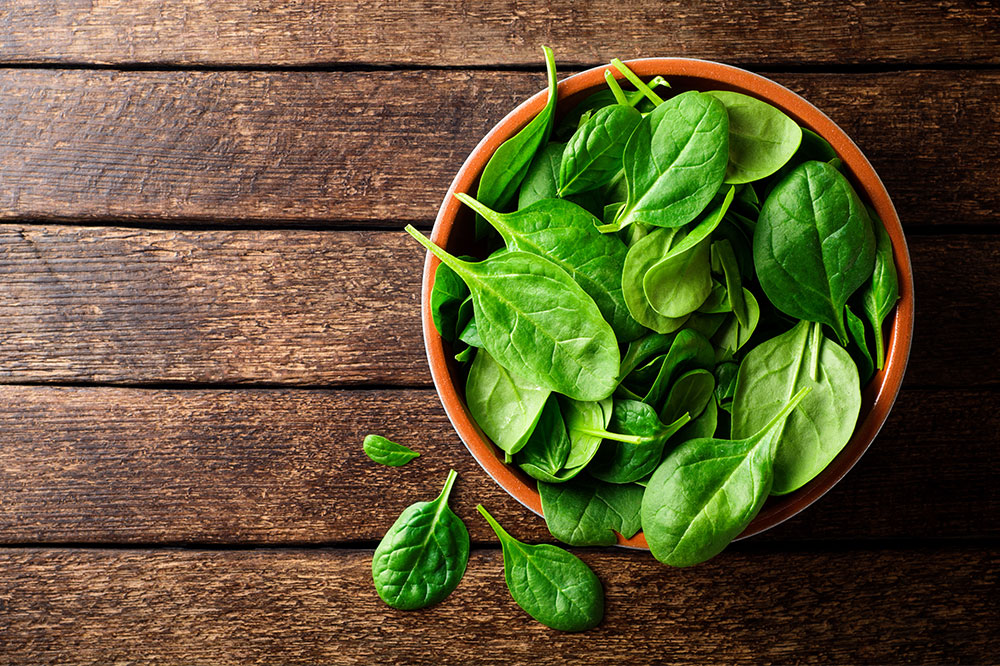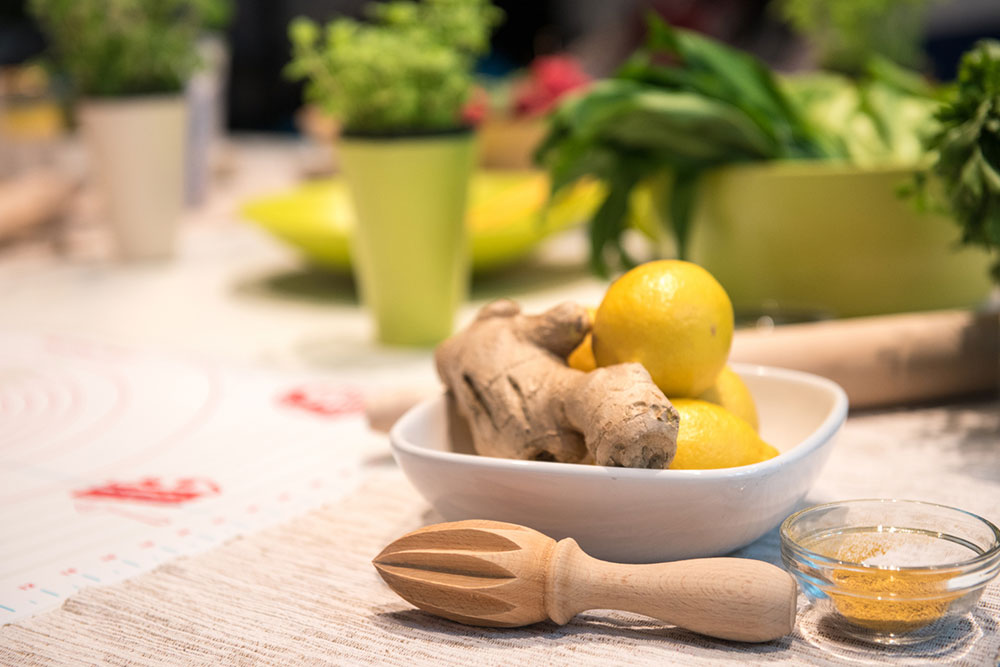Effective Strategies for Migraines: Relief Tips and Management Options
Discover effective strategies for managing migraines, including home remedies, alternative therapies, and dietary tips. Learn how lifestyle changes and medical options can help reduce the frequency and severity of migraine attacks. Consult healthcare professionals for personalized treatment plans to improve quality of life.

Effective Strategies for Migraines: Relief Tips and Management Options
Chronic migraines are intense headaches often accompanied by symptoms like light and sound sensitivity, nausea, vomiting, and fatigue. Managing migraines involves tailored treatment plans, including pain relief and preventive medications based on how often and severe the attacks are. In addition to medical approaches, avoiding triggers and adopting healthy habits can significantly reduce frequency. Read on for practical self-care tips, alternative therapies, and dietary advice to help manage migraines effectively.
Home remedies to ease migraine symptoms
Essential oils: Applying lavender or peppermint oil to the temples or inhaling their aroma may offer quick relief during a migraine.
Furthermore, resting in a dark, quiet room can help calm the brain. Using hot or cold compresses may also soothe headaches by relaxing nerves.
Alternative therapies for migraine relief
Acupuncture: This traditional Chinese technique involves inserting fine needles to stimulate specific points, which can reduce migraine intensity and frequency.
Biofeedback: This method helps individuals control physical responses like muscle tension and heart rate during a headache attack, leading to symptom reduction.
Cognitive-behavioral therapy: Addressing stress and anxiety through therapy can lessen migraine severity by changing negative thought patterns and behaviors.
Herbal and supplement options: Herbs such as butterbur and feverfew may prevent migraines, though consultation with a healthcare provider is vital. Vitamins B2, Q10, and magnesium supplements have also shown benefits in reducing attacks, especially in those with deficiencies.
Massage therapy: Regular massage sessions can improve circulation and relieve stress, decreasing migraine episodes over time.
Dietary measures to prevent migraines
Leafy greens, whole grains, sweet potatoes, leafy greens
Legumes like black beans and peas
Nuts, seeds, squash, carrots, brown rice
Fatty fish such as salmon and mackerel
Fruits including berries, pineapple, and peaches
Foods to avoid that may trigger migraines
Full-fat dairy products
Refined grains and processed foods
Citrus fruits and aged cheeses
Alcohol, especially red wine
Caffeine, chocolates, and artificial sweeteners
Cold foods like ice cream and sodas
Trusted resources for migraine information
American Migraine Foundation
American Headache Society
Migraine Research Foundation
International Headache Society
National Headache Foundation










